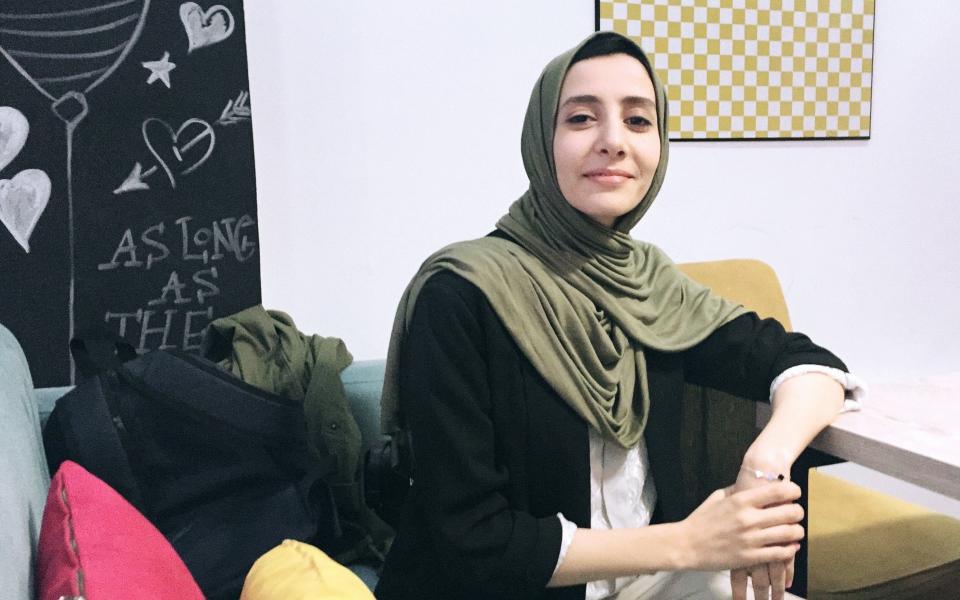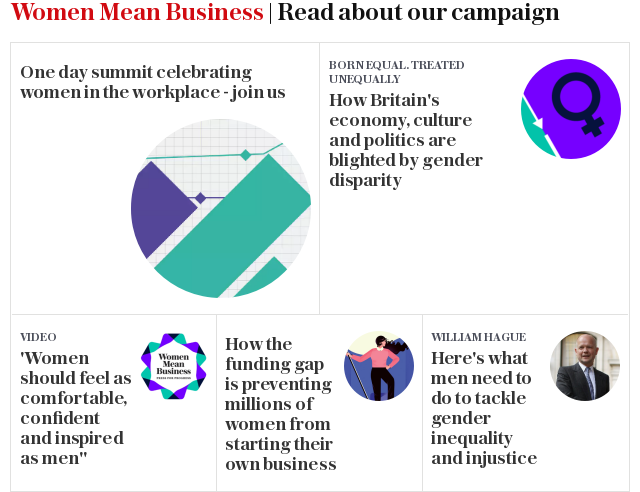'Backlash means our work is having an impact': what British women can learn from Libya's startup scene


In Libya, a group of confident, young women have formed a burgeoning startup scene that plans to break down professional and cultural barriers through entrepreneurship - and they want to share their stories with female startup founders in Britain.
Traditionally, women in Libya are far more likely to take up a role in the home rather than the workplace, and just 24.6 per cent were in employment in 2017, according to the World Bank. Since the fall of Muammar Gaddafi, gender restrictions have started to relax in parts of Libya, and in the country's first free elections after the coup in 2012, 33 women were elected to the General National Congress.
Now, as expectations continue to shift, a new economy in which women sell crafts made at home has blossomed.
Fatima Nasser has a plan to boost these women through her startup Yummy, an online marketplace that gives women a place to sell homemade food.
Nasser's decision to campaign for women's rights was inspired by her mother, who was one of the founding members of the Women's Union of the South in Libya.
"I've always noticed this gap between men and women, and an inequality in society that I wanted to solve," she says. "I was lucky to grow up in a better environment than most of my friends. Both my parents worked at a university and had a balance between them. My brother did housework, as I did."
Has she experienced discrimination? "Of course I've experienced it, we are Libya. Everybody has. Discrimination is kind of the norm itself in society."

A student in the final semester of her English language degree, Nasser has co-founded Yummy, an app that puts cooks directly in contact with customers - who may be looking to buy utensils, or baked goods - in a similar way to eBay and Etsy.
"There was a huge trend of women making things at home and selling them as part of an informal economy," says Nasser. "We thought, why not get these women to be part of the formal economy and expand their businesses?"
Although Yummy is yet to officially launch, it is already advertising the goods of around 300 women. And it was recently awarded a top prize in the Enjazi Startup Competition, held by Tatweer Research and MIT Enterprise Forum, which was the subject of a BBC World documentary last month.

As in the UK, female entrepreneurs in Libya face difficulties in securing funds to start businesses. Self-funding is a common way to bypass this problem, and is one reason why Nasser attributes a large part of her success to her family.
"If your family don't support you, you have a higher chance of failing," she says. She hopes that won't be the case for much longer and that platforms like Yummy – and the startup community – can give women the support she had from her family.
"More women have approached me for advice on how to start their own businesses, which makes me really happy," she says. "I hope all women who have startups support one another and create a supportive community that encourages more people to join."

Founding Yummy hasn't been an entirely smooth ride for Nasser, who was recently the target of cyber bullying and a smear campaign on Libyan national television.
"I was called a spy and accused of wanting to corrupt women by bringing liberal thinking," she says. "My picture was posted everywhere, alongside things about my Mum."
Initially angry and upset about the abuse, Nasser's mum helped her to realise that the backlash meant her work was having an impact.
"It really shows how afraid they are of strong women and that I'm actually doing something," she says.
What advice does she have for other women in Libya and the UK who want to start their own businesses? "They have to be strong and have the will to continue when they face adversity," she says. "They have to fight for what they believe."


